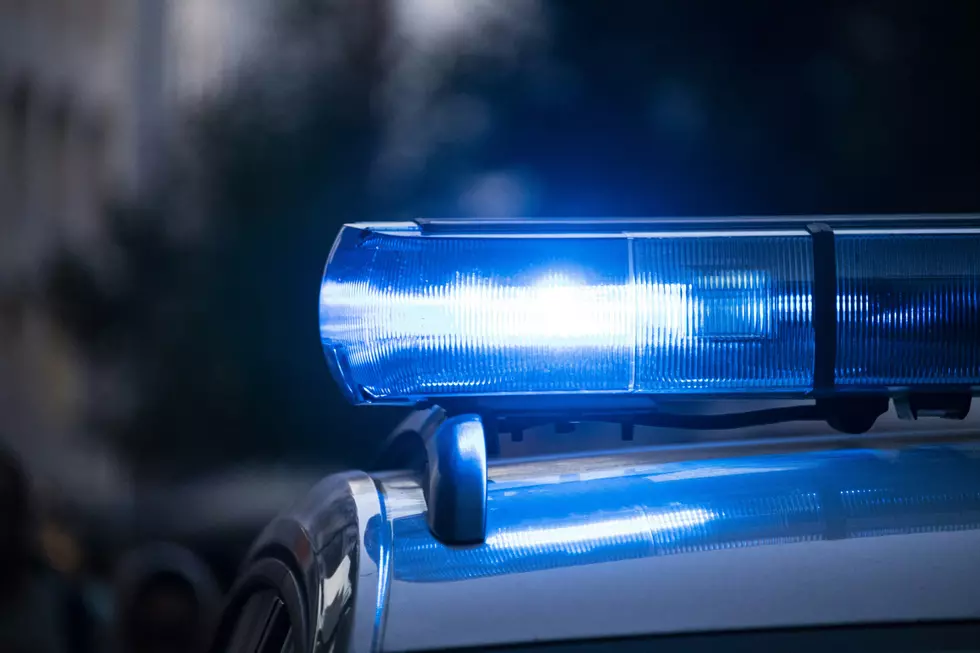
New York Lawmakers Return To Take Up Pot, Tolls, Sports Bets
ALBANY, N.Y. (AP) — Legalized marijuana, sports betting and new traffic tolls in Manhattan are just some of the measures Democrats believe they can push through the New York Legislature in a 2019 session that begins this week with their party in control of both chambers and the governor's office for the first time in a decade.
Lawmakers swept into office in a backlash against President Donald Trump's plan to fight back against his policies on immigration, the environment and health care, while also seeking to catch up to neighbors such as Massachusetts, which has already legalized marijuana, and New Jersey, which has approved sports betting.
Other items on their wish list include expanding state health care programs, codifying protections for abortion rights, reforming antiquated voting laws and eliminating cash bail for criminal defendants.
"People will finally get the government they have been voting for for so many years," predicted Senate Democratic leader Andrea Stewart-Cousins, of Yonkers, the first woman to lead a legislative body in New York.
First up when lawmakers convene Wednesday may be the Child Victims Act, a long-debated bill that would extend the statute of limitations for child molestation and create a one-year window for victims to sue over old abuse claims now barred by the statute of limitations. The measure has repeatedly passed the state Assembly only to be blocked by the Senate's Republican leaders under pressure from the Roman Catholic Church.
"It's been obstructed for such a long time, but I believe it will be done within the first 30 days of the session," said Gary Greenberg, a leading supporter of the Child Victims Act who created a political action committee to support candidates who backed the bill.
But having a solidly Democratic majority doesn't mean there is consensus on everything.
While there's broad support for legalizing marijuana, for example, lawmakers don't yet have agreement on several thorny details, such as how many retail establishments to permit or how high the taxes on the product will be.
Cuomo wants to include marijuana legalization in the state budget, due by April 1, a remarkably short time frame for such a complicated issue. Regardless of what form legalization may take, many lawmakers want a phased-in approach similar to the one adopted in Massachusetts, where personal possession and cultivation of marijuana were legalized long before the first retail shops were allowed to open.
Assembly Speaker Carl Heastie and many members of his chamber want lawmakers to also consider expunging the criminal records of thousands of people who were arrested for using the drug — a proposal that could complicate legalization even further. Officials say they also want to examine the experiences of Massachusetts, California, Colorado and other states that have already legalized the drug.
"I don't support people smoking cannabis, but here's a fact: they do and they do in big numbers," said Buffalo Democrat Crystal Peoples-Stokes, the Assembly's incoming majority leader and a key proponent of legalization.
Approving new congestion tolls for New York City will be just as politically challenging. Supporters, including environmental groups, transit advocates and even local chambers of commerce, argue that new surcharges on vehicles entering the busiest parts of Manhattan are the best way to discourage driving while raising billions to repair and modernize the city's subways. Gov. Andrew Cuomo supports the idea. But the details — how high will the toll be, will local commuters and small businesses get a discount? — could undermine the push.
Riders and transportation advocates say Albany must find some way to fund subway repairs or else the nation's largest city will have to live with a system that has fallen far behind its peers in other global cities.
"New York City's subways are falling apart. Service disruptions and frequent delays have become all too common, contributing to what has become a daily nightmare for many of New York City's riders," said Jaqi Cohen, of the Stranghangers Campaign, a coalition of subway riders.
National politics and the Trump administration will continue to play an outsized role in Albany. Cuomo, fresh off a convincing re-election win in November, has offered up New York and his progressive agenda for 2019 as a beacon for the rest of the nation to follow. His soaring rhetoric and decision to deliver his third inaugural address on Ellis Island have done little to squelch speculation about whether he will run for president in 2020.
"It is New York's duty, it is New York's destiny, once again, to bring the light that leads the way through the darkness," the 61-year-old Cuomo said during his inaugural address. "To show the nation the way forward and upward. And we will."
The six-month session is likely to test Cuomo's certitude and the sincerity of lawmakers who now have the chance to enact policies they've spent years talking about. Last year's elections sent a wave of new, liberal lawmakers from New York City to Albany, where they may butt heads with Capitol insiders and more moderate lawmakers from the suburbs and upstate. Cuomo may find himself in the middle, forced to balance the ambitions of liberals with the realities of governing a state with 20 million people and a $168 billion budget.
And don't forget the Republicans, who promise to do what they can to force the governing party to the bargaining table. That includes GOP senators still smarting from November's defeat.
"Even though Senate Republicans now make up the minority of this chamber," said Sen. John Flanagan, the Republican minority leader, "Our voice on issues important to hardworking middle-class families will be more critical than ever."
More From WIBX 950









